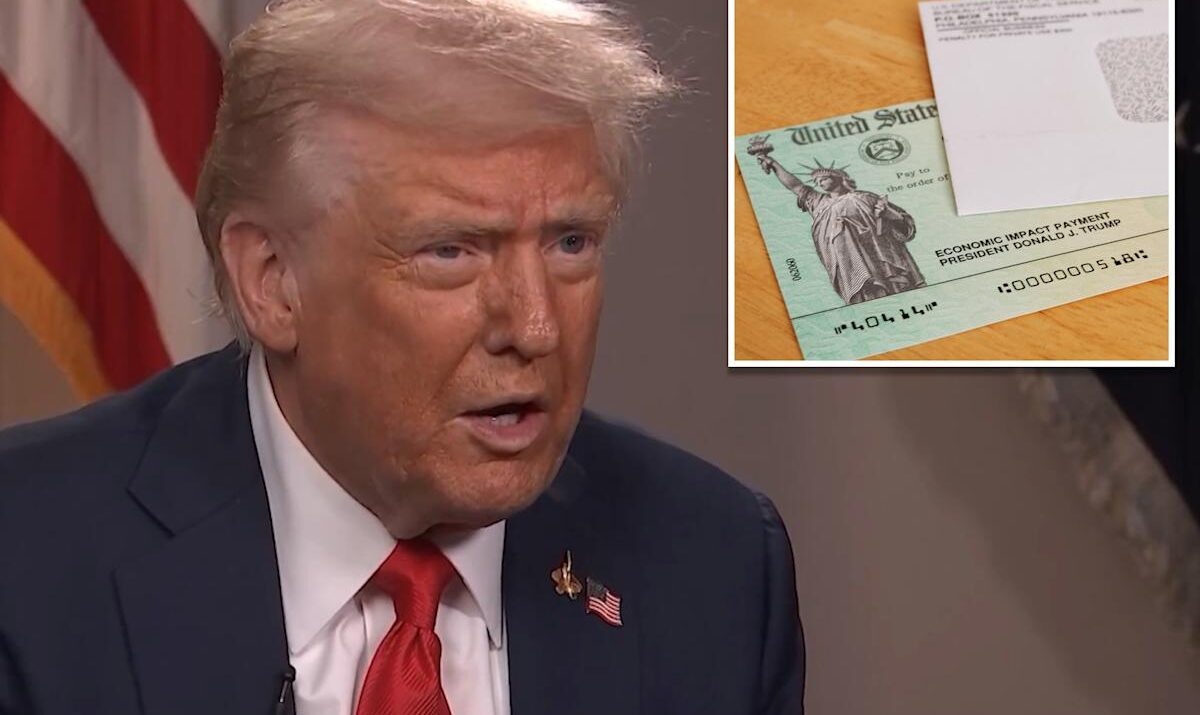President Donald Trump said he is considering issuing direct payments of $1,000 to $2,000 to Americans, funded by revenue from his sweeping tariffs on imports.
In an interview with One America News, Trump described the idea as “almost like a dividend to the people of America,” suggesting funds could be split between debt repayment and rebate checks.
“Number one, we’re paying down debt, because people have allowed the debt to go crazy. But we also might make a distribution to the people,” Trump said.
Tariffs as Cash Source
The US has collected more than $214 billion in tariffs so far this year, according to Treasury data. Trump claimed the total could eventually reach $1 trillion annually, thanks to duties on steel, aluminum, copper, pharmaceuticals, and other imports.
The proposal comes as the national debt climbs past $38 trillion, raising questions about whether tariff revenues can meaningfully reduce debt while funding rebates. Trump insisted the country can “grow its way out” of debt through economic expansion.
Political and Legal Hurdles
Any rebate plan would require congressional approval. Senator Josh Hawley (R-Mo.) has already proposed the American Worker Rebate Act, which would send $600 checks per adult and dependent, with payments increasing as tariff revenues grow. That bill has yet to pass.
Meanwhile, Trump’s “Liberation Day” tariffs face a legal challenge at the Supreme Court, which will hear arguments in November after an appeals court questioned the administration’s authority.
Inflation Risks
Critics warn distributing tariff revenues could stoke inflation. Analysts argue that while rebate checks would provide short-term relief to households, they could also push up consumer prices and strain fiscal balances.
Trump’s floated plan for $2,000 “dividend” checks highlights how tariff revenues have become central to both his economic and political strategy. Whether Congress — or the courts — allow him to turn that promise into reality remains uncertain.
Disclosure: This article does not represent investment advice. The content and materials featured on this page are for educational purposes only.
Related:
OpenAI Surges to $500 Billion Valuation, Overtakes Musk’s SpaceX
Trump’s $100,000 H-1B Visa Fee: What It Means for Tech, Talent, and Markets
Fed Divide Widens as Policymakers Clash Over Pace of Rate Cut










